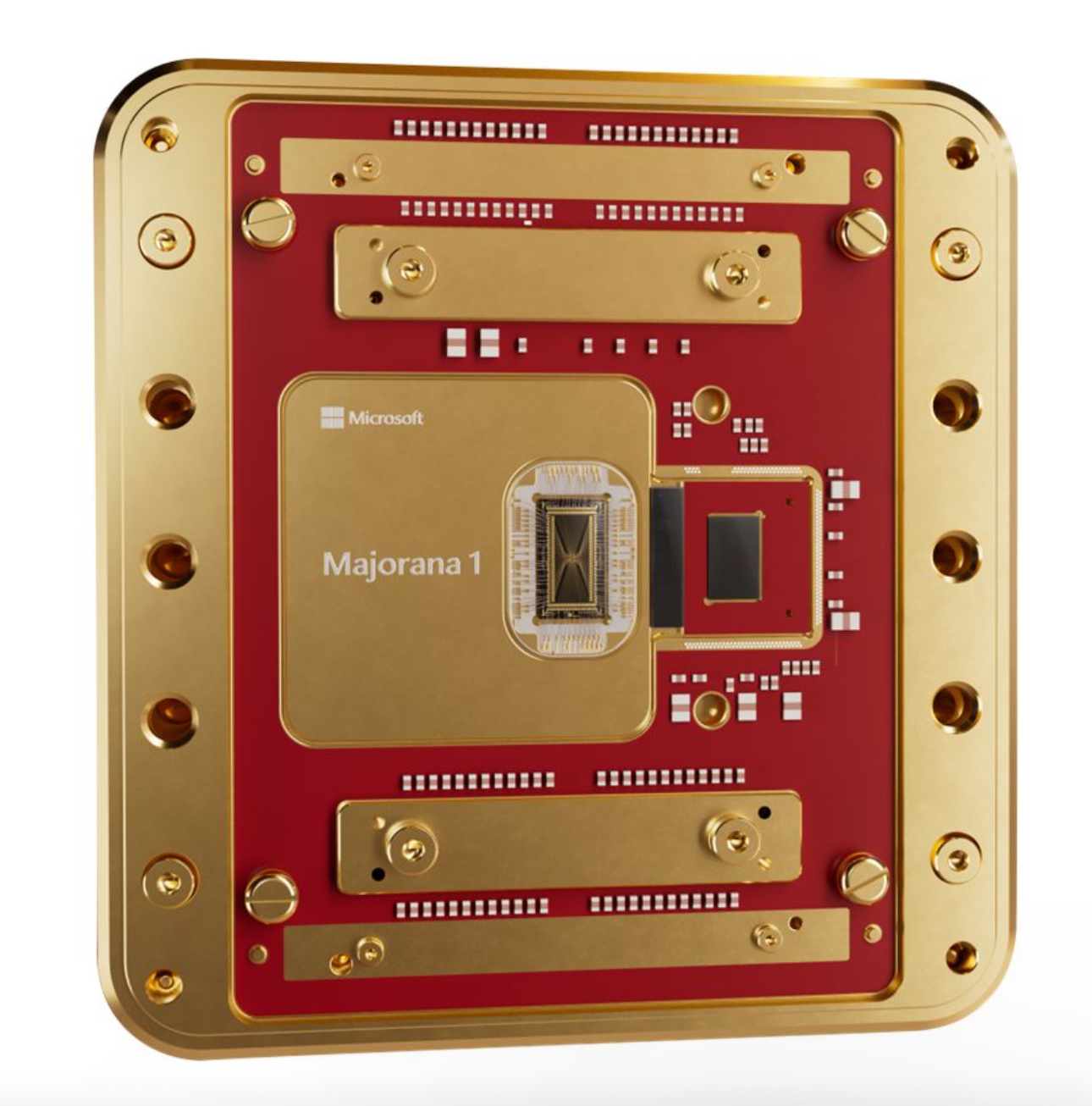Quantum computing complimentary to artificial intelligence
How quantum differs from traditional/current computing
Announcing their first ever quantum chip, Majorana 1, Satya Nadella, the Microsoft boss, put it in context as being "capable of solving problems that even all the computers on Earth today combined could not." But what gives it this power? In classical physics, we learned that matter exists in three distinct states: solid, liquid, and gas. Quantum, however, allows for more complex forms of matter, such as superconductors, which do not fit neatly into the traditional categories. Quantum mechanics involves principles like superposition and entanglement. Let's break down these two terms
Computers process in binary terms (either 1 or 0 at a time for data/logical gates switching to send signals). Imagine how fast it could be with both possibilities considered simultaneously. Computer's binary limits are broken with superposition, enabling faster processing and evaluating more probabilities at a time. Entanglement can be understood as particles becoming correlated in such a way that the state of one particle affects the state of another, no matter how far separated. Entanglement can allow material to self-heal/recover by exploiting the "topological state" of matter presented by quantum. The particles of a material can be braided around each other and encoded. Because the information is encoded in the braiding, which is a topological property, it is robust against local disturbances. This is where the idea of self-healing comes in. This robustness is crucial for error correction and storing of quantum information for extended periods. One area that benefits directly from these new advances is biochemistry and medicine for faster simulation experiences and solutions for complex problems that traditionally required recursive algorithms that could overwhelm the older systems. AI is another field that's going to benefit as well.
A step closer to Artificial General Intelligence?
Artificial intelligence is a constantly evolving field with the potential to revolutionize many aspects of our lives. Larry Page, the co-founder of Google, envisioned a future where AI could understand our desires and provide solutions. While we are not there yet, significant progress has been made. Weak AI, also known as narrow AI, is what we encounter most often today. These are AI systems that are designed to perform specific tasks very well. For example, virtual assistants like Siri, Cortana, and Alexa can answer questions, schedule appointments, and control smart home devices. Weak AI systems are not sentient or conscious, and they cannot think for themselves. They are simply very good at following the instructions they have been programmed with. Strong AI, also known as artificial general intelligence (AGI), is the kind of AI that science fiction movies are made of. Strong AI would be able to understand and reason like a human being. It would be able to learn and adapt to new situations, and it would be able to solve.
Racing to Quantum Supremacy

The competition in the quantum computing world is getting intense as big companies like Microsoft, Google, and IBM push forward with different technologies to lead the field. Microsoft is working on a special type of qubit called the Majorana 1, which aims to make quantum computers more stable and easier to scale. Google, on the other hand, is focused on superconducting qubits and has already claimed a major achievement in proving quantum supremacy. IBM is also using superconducting qubits and is focusing on making quantum computing accessible through the cloud. Other companies like Intel are exploring quantum computing using silicon-based materials, while smaller companies like Rigetti, IonQ, and Quantinuum are developing hybrid systems and using trapped-ion technology. Universities and government labs around the world are also contributing to the race, pushing research and attracting talent to help make breakthroughs in quantum computing. Ultimately, the competition isn’t just about having the most qubits, but about creating the most reliable and practical quantum computers that can change the world. In conclusion, the advancements in quantum computing, particularly through the development of topological qubits and the exploration of entanglement, represent a significant paradigm shift in computational power.